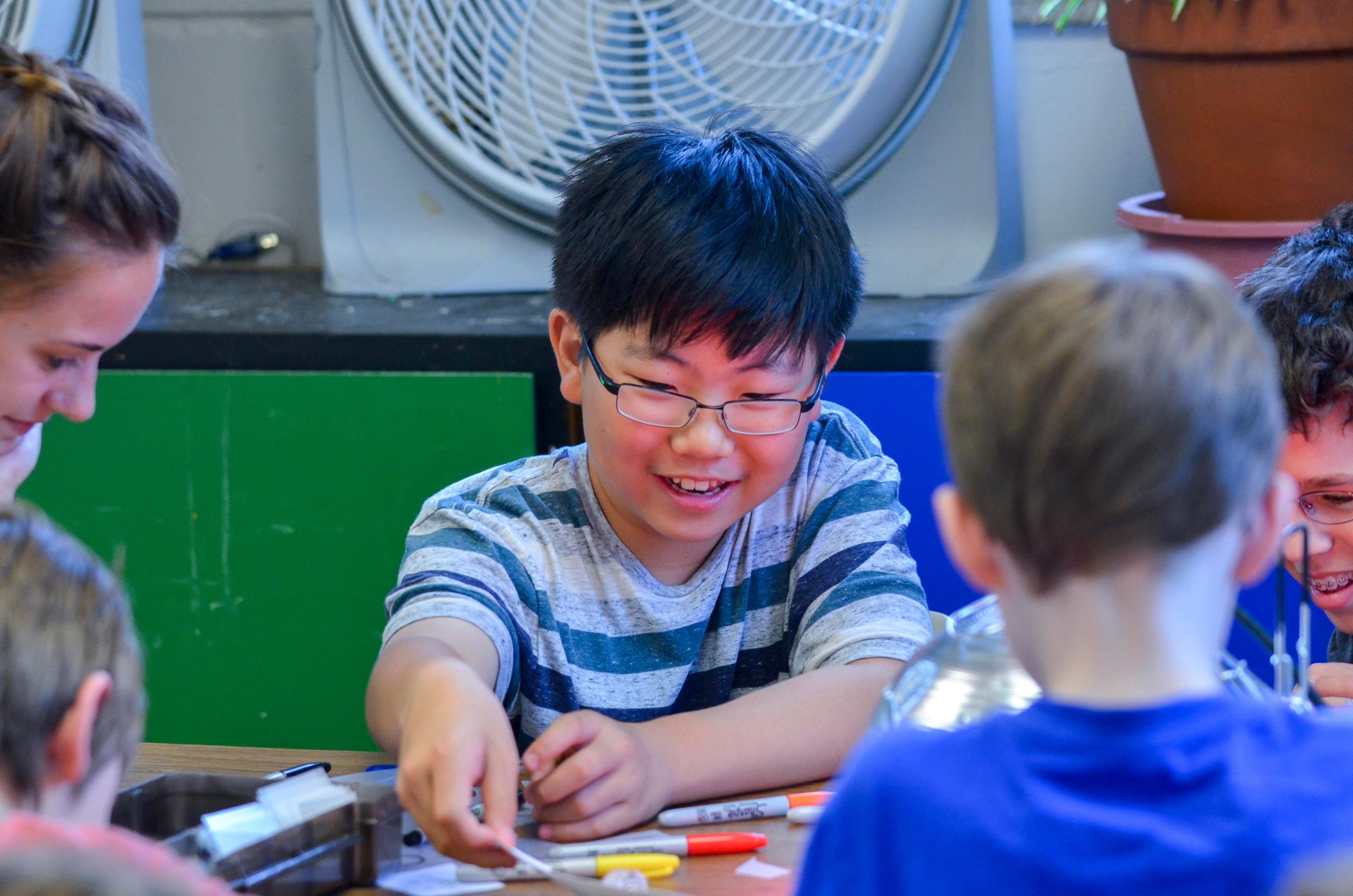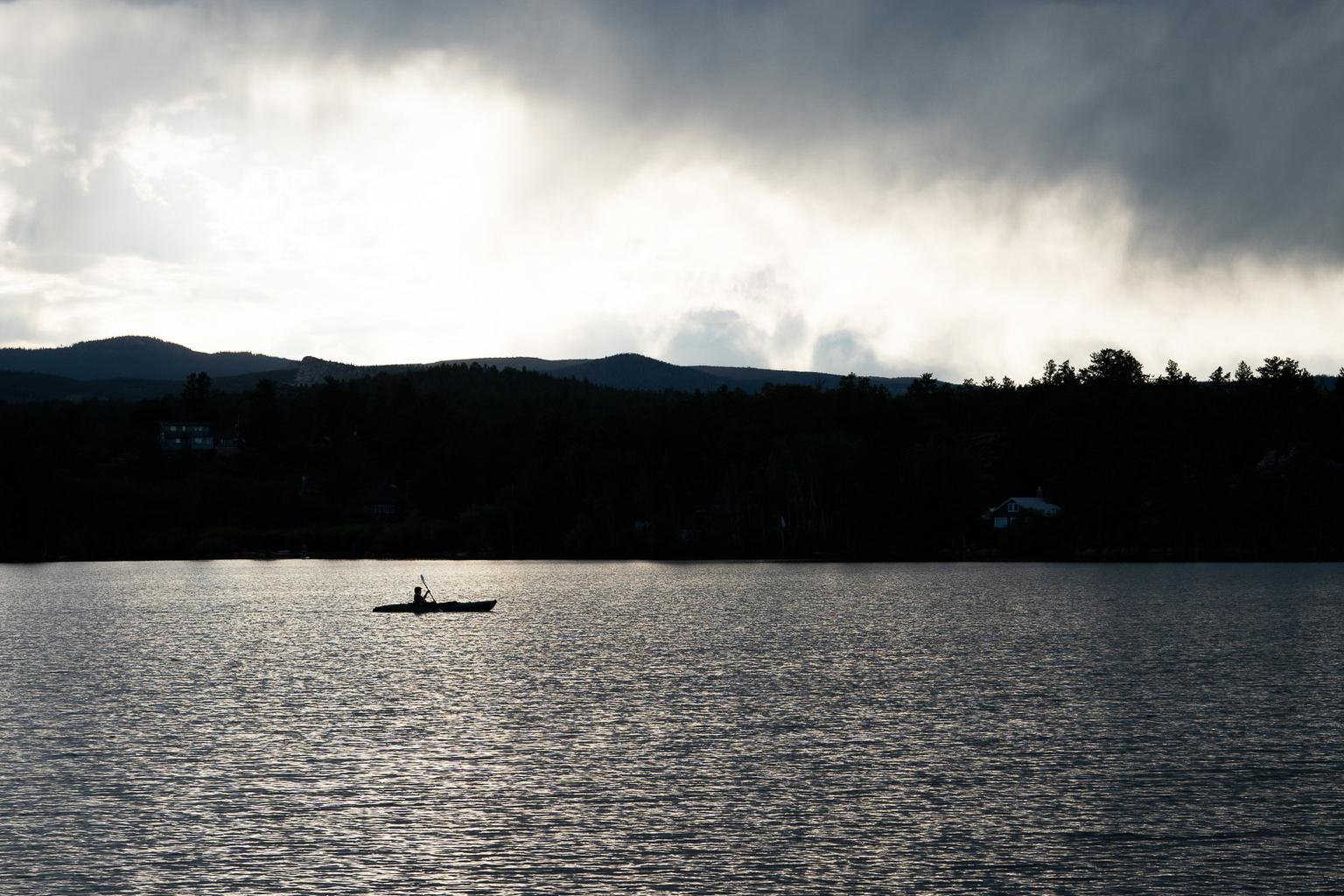
As school winds down for more than 900,000 Colorado school children, parents who need to get back to work outside the home may not know until late May whether and how their children will be able to participate in summer camps.
In Gov. Jared Polis’ latest COVID-19 update on Monday, he said a decision on the operation of summer camps will be made May 25.
Polis acknowledged that the uncertainty is difficult for families and summer camp providers.
“(But) it wouldn't do any good to give that guidance today because we simply won't have the (health) data until May 25 to have the informed guidance and information about what June could look like,” he said.
The delay is putting families in a bind, according to advocates, because families rely on summer camps in order to continue working outside the home. Child care providers, too, need time to prepare for thousands of children needing care.
“Many organizations are weighing their abilities to meet public health recommendations, as well as the financial feasibility of programming at a time of increased costs and the lack of building space in which to operate,” said Maxine Quintana, with the city of Denver’s Office of Children’s Affairs and the co-founder of the Denver Afterschool Alliance.
The DAA checked in with several large out-of-school care providers in the Denver area, including Boys & Girls Clubs of Metro Denver, Colorado I Have A Dream Foundation, Denver Public Schools and the YMCA of Metro Denver.
Due to heightened safety protocols and public health guidelines, programs with their own facilities are preparing for at least a 30 percent reduction in capacity this summer. Last summer, these programs served 1,655 youth.
Other organizations that typically operate in school buildings and community centers at 46 sites across Denver are eager to provide summer programming, but they don’t have access to a physical location because of school building closures.
Counting just the Denver organizations surveyed, more than 5,600 youth won’t have access to after school in-person programming this summer.
Quintana says that is a conservative estimate and doesn’t include thousands more youth served by other programs not surveyed.
Summer programs will have to adapt.
Space isn’t the only issue, she said. Organizations may not have the finances and time to quickly hire, background check and train staff to fulfill higher staffing needs. The same goes for the ability to meet heightened health and safety precautions, like access to masks and extensive sanitation practices.
More than 60 percent of summer camp providers said in a separate survey they will decrease the number of kids in each session. Half also said they will decrease their total in-person program sessions, and one-third will decrease the length of individual classes or sessions.
The survey was conducted by RESCHOOL, a Colorado nonprofit that focuses on closing education gaps. It also provides scholarships for out-of-school programming.
Several big camp providers like the Denver Zoo and the Denver Center for the Performing Arts, which typically serve thousands of children over the course of a summer, have announced they will not run summer camps this year.
Still, many providers still plan to offer in-person camps this summer, according to the RESCHOOL survey of Denver metro area summer camp providers. Three-quarters of respondents say they plan to find a way to open in accordance with current state guidance, though some anticipate this happening later in the summer.
For example, JCC Denver expects to offer in-person programming, but to groups of just eight kids at a time, said Amy Anderson, executive director of RESCHOOL. More than a third of camp providers weren’t ready to announce finalized plans for this summer given the rapidly evolving pandemic.
That means programs will have to adapt to stay open.
Summer camps were expensive before COVID-19. That hasn’t changed.
Anderson says it was difficult to afford summer programming before COVID-19. A week-long summer camp pre-COVID 19 could cost upwards of $400 or more, particularly in the Denver Metro area.
“The average hourly cost of sending your kids to some of these programs exceeds that of the minimum wage,” Anderson said.
It will be even harder now, many families are enduring additional financial hardships. An earlier statewide study found that half of the participants reported difficulties in finding programs that are affordable or include scholarships. RESCHOOL works with many workers in the hospital industry.
“They've been trying to piece things together kind of during this transitional time of finishing schooling,” Anderson said. “But they were hoping to have childcare, which is often summer camps.”
Fifty percent of available summer programs for kids over the age of five cost more per hour than the minimum hourly wage, according to a study of Denver Metro area summer camp activities last year by RESCHOOL and the Center on Reinventing Public Education.
The RESCHOOL survey found that several providers are offering free resources to families and some will offer full refunds to those who have already signed up for camps that are canceled. The popular Colorado Rapids summer camp program will offer smaller free soccer camps over the summer, she said.
Summer programs face significant financial hurdles as well. Summer camp providers rely on registration and program fees from families, Anderson said. When families struggle, the programs do too.
“The longer that the guidance is delayed, the more challenging that becomes for a lot of these providers to be able to figure out how best to structure their programs in ways that meet the guidelines,” she said.
A quarter of providers surveyed reported using their own money to keep their programs afloat. In transitioning their program to smaller group sizes, providers like Thorne Nature Experience will lose $400,000 and be able to serve only 20 percent of the campers they typically do, according to RESCHOOL.
To help parents find summer learning experiences now, the organization Blueprint4SummerCO provides a list of online classes, take-home kits and in-person summer activities for kids ages 3-18 in the Denver Metro area. Providers are adapting by doing everything from creating home activity kits or virtual lessons to moving to small groups of just families and known friends.









